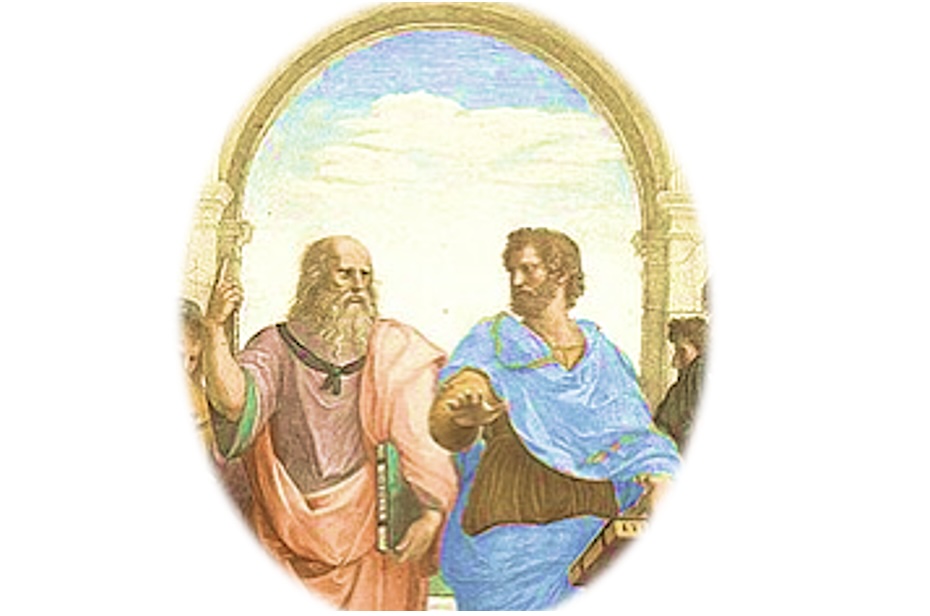No matter who wins in November, we must remain committed to wisdom, virtue and truth.
Our democracy is in big trouble. Each side fears the apocalypse, should their party lose the presidential election next month.
Some never-Trumpers, like Donald Trump’s former lawyer Michael Cohen, have stated that, if Trump wins, they will leave the country, given that Trump has repeatedly promised to prosecute or punish his enemies if elected. The other day, a friend of mine said he was hoping to leave the U.S. no matter who wins, since this election shows that our democratic society is doomed.
Republican partisans believe Trump has been unjustly persecuted by the deep state and “the enemy from within,” as Trump puts it. They think Trump’s felonies are fake news, and that a Democratic victory would empower “Marxists, communists and fascists” to ruin the country. They agree with J.D. Vance that “big tech rigged the 2020 election,” and they agree with Trump that the Jan. 6 convicts are really “political prisoners,” “hostages” and “unbelievable patriots.”
The other party warns that all of this represents a fundamental threat to our republic. Vice President Kamala Harris recently said that Trump “admires dictators and is a fascist.” The Democrats complain that Trump stacked the Supreme Court with partisan hacks and warn of authoritarianism, nepotism and corruption should Trump and his cronies return to the White House. At a fundamental level, Democratic partisans find it hard to believe that any sane person could support Trump.
For the partisans, this election represents an existential crisis of historical proportions. But while the partisans fret, a sizable minority of people don’t even bother to vote. According to the Pew Research Center, a third of the voting-eligible population did not vote in 2020; one in three Americans did not participate in the election that gave birth to endless controversy, insurrectionist activity and ongoing angst.
For those unmotivated voters, the past several years — and maybe democracy itself — is a mug’s game, not worth their time. And so we have a fundamental impasse: A third of the people don’t care enough to vote. The rest are polarized and paranoid.
This is no way to run a country.
The philosophical take-away is that there is no perfect social or political system. That’s because human beings are fundamentally flawed — we lack wisdom and virtue. A few people are evil and corrupt, while many others are lazy, ignorant and self-interested. On occasion, a few rare souls rise above the muck. But there are always more sinners than saints.
This recognition of our flawed humanity is what led the Founding Fathers to set up a Constitution with checks and balances and a separation of powers. But this system is frustratingly imperfect, and we should not forget that Americans fought a bloody civil war as we struggled to form “a more perfect union.”
Approximately 2,500 years ago, Plato argued that democracy was among the worst forms of government, as it empowered the moronic mob. His solution was a government ruled by wise and virtuous philosopher-kings. But we know now that monarchic power is as dangerous as mob rule. Which leaves us, frankly, without a perfect solution. As they say, democracy is the worst form of government, except for all the others.
But democracy can be improved. We do that by educating citizens in virtue and wisdom.
In the ideal world, citizens would vote out of a sense of duty. Voters would use the cool light of reason to assess the merits of each candidate, guided overall by a common sense of truth and value. They would put the common good above their own self-interest, and honor and respect the sincerity and rationality of other voters — even those with whom they disagree. And when the election was over, they would accept the results and remain committed to the fairness of the system and the rule of law.
Alas, we don’t live in an ideal world. A fortunate few may imagine leaving the country as our democracy founders. But in reality, there is no better place to go. Human nature follows us wherever we are. And there is no perfect political system.
The task at hand is to learn from our present crisis, to work incrementally to rebuild a broken society and to remain committed to wisdom, virtue and truth, no matter who wins in November.
Read more at: https://www.fresnobee.com/opinion/readers-opinion/article294485719.html#storylink=cpy






